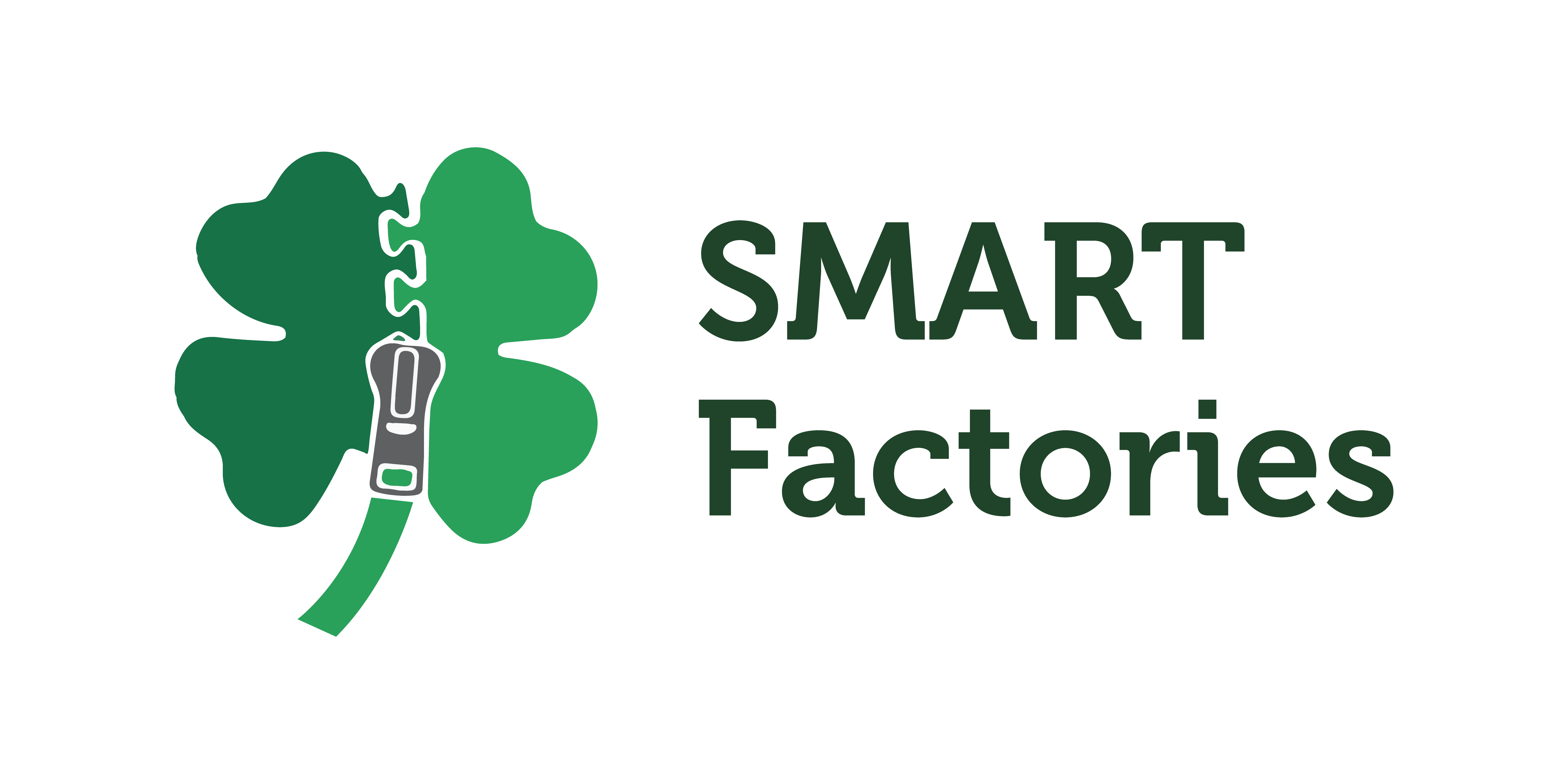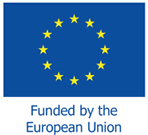In June 2016, SMART Myanmar held two back-to-back events as part of a program on access to finance for green investments in Myanmar. SMART's interventions in the field of green finance coincide with and support technical interventions to improve social and environmental performance of SMEs in the garment sector. In addressing the gaps on technical, financial and environmental capacities and enabling local banks to confidently lend to green projects under a risk-mitigated environment, the project intends to tackle these gaps, identified as major deterrents in green project financing, and thus strengthen the opportunities for SMEs to have access to finance from banks to fund their green investments. Green Project Finance Training 39 loan officers/managers from 22 private and government owned banks, all members of the Myanmar Banks Association (MBA), joined a five-day training program conducted by Corazon D. Conde and Alberto B. Reyno, respectively Group Head and Managing Principal of the Association of Development Financing Institutions in Asia and the Pacific (ADFIAP). A partner to the SMART Myanmar project, ADFIAP boasts a membership base of 130 financial institutions in 41 countries and territories in the Asia Pacific Region, which provide a rich and vast source of knowledge and best practices in green finance, suitable for replication in Myanmar’s financial sector. Held on June 20-24, this initial technical and financial training focused on the green finance framework to detail the principles of the green credit cycle. Emphasis was placed on the green credit scoring system as an essential risk mitigation tool in project finance. The training enhanced participants’ technical and financial skills and capability to incorporate environmental considerations when evaluating and financing green projects. Major topics covered included: • Introduction to Green Finance and Green Credit Cycle; • Green Investment Opportunities; • Loan Evaluation: Risk-Based Green Lending Framework and Green Credit Scoring System; • Loan Administration; • Remedial Management; • Pro-Active Sustainable Management Action. The training used experiential and interactive methodology. Analytical tools were used to identify, evaluate and mitigate risks inherent in the green credit process. This was the first of a three-part series of capacity building programs scheduled by SMART Myanmar II in 2016 for local banks. Upon completion of the three courses in November 2016, participants will be certified as “Green Bankers”, envisioned to act as “Green Champions” leading task forces in their respective banks. The next training, “Green Project Finance 2.0”, is tentatively scheduled for September 12-16, 2016. It will focus on hands-on implementation of principles learned during the initial Green Project Finance training. Participants will be invited to evaluate and package concrete cases for presentation to a “Credit Committee” that will rate them based on pre-determined criteria, to gauge the participants’ level of understanding of green project finance and their ability to implement the principles in their respective banks. “Green Finance Product Development and Marketing” will be the third training of the year, planned for November 2016. By the end of this third course, the “Green Banker” candidates are expected to propose demand-driven green products and services for their respective banks to offer in support to green investments proposals from SMEs, particularly those targeted by the SMART Myanmar II project.
Green Finance Advocacy Briefing Policy support from the Central Bank of Myanmar is critical towards the furtherance of access to finance for green investments. In order to influence monetary policy makers to support the green initiatives of banks, SMART Myanmar II briefed 20 directors, deputy directors and officials of the Central Bank of Myanmar on why green finance can be an attractive policy option and how it can be incorporated into national policy. The briefing was conducted by ADFIAP Secretary General Octavio B. Peralta on June 24 in Yangon. In his welcome remarks, the Central Bank’s Deputy Governor, Dr. Winston Set Aung, confirmed that the present government is keen on developing a “green economy” and that green finance is a key driver in implementing this vision. He mentioned that foremost among the challenges in moving this direction is access to finance for SMEs. Elaborating the reasons for the difficulty or inability by Myanmar SMEs to tap bank funds, he listed: • Risk aversion of banks in lending to SMEs, which is mainly due to insufficient internal risk management capability, inadequate policy direction and insufficient organizational infrastructure • Limited funding sources, particularly long-term funds for lending are also a constraint (no credit guarantor for green loans) • Collateral-based rather than risk-based lending orientation of banks as a part of management culture and habit. • Lack of credit appraisal, supervision and monitoring capabilities of loan officers. Deputy Governor Dr. Set Aung also listed a number of solutions that would enable the banking sector to address the above challenges. In particular, he referred to the establishment of: • A credit bureau • Credit guarantee schemes • A robust risk management framework • A registry of moveable assets • Capacity building for bank staff He also mentioned ventures into electronic payment systems to enhance access to finance and improve SME financial inclusion. In his briefing, Mr. Peralta highlighted the important role of the Central Bank in engaging the banking sector to support green investments of SMEs, citing specific examples of successful green finance policies from other countries and green finance case studies of ADFIAP members. SMART Myanmar II will continue its positive dialogue with the Central Bank policymakers in view of preparing a white paper and strategy plan with enabling policies, instrumental to crafting a policy framework conducive to improving overall SME access to finance, and subsequently the incorporation of green finance.Paving the way for green finance in Myanmar









